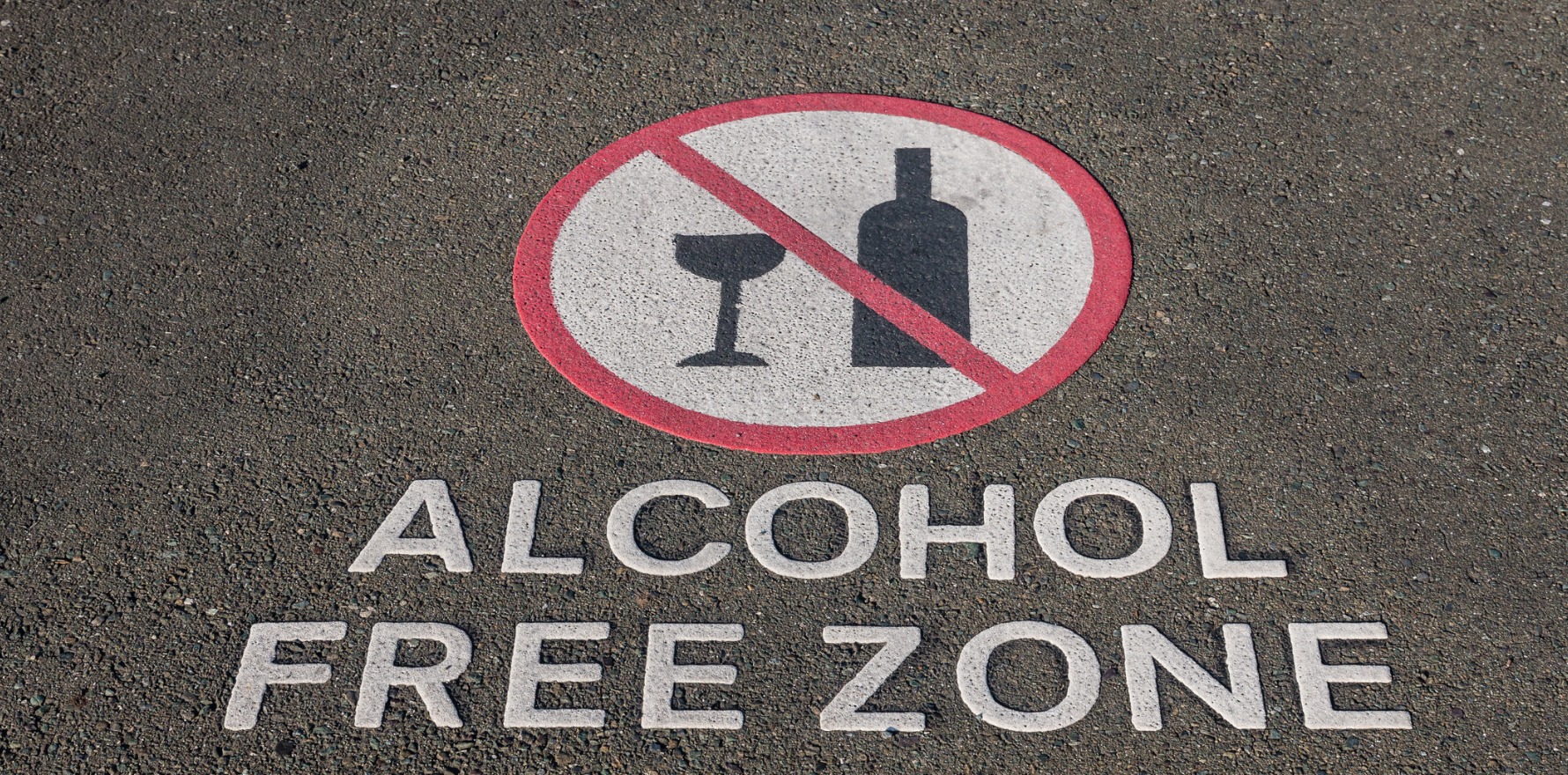Researchers say anti-obesity medications – not just GLP-1RAs – may reduce drinking, at least when part of a weight-management program.
Almost half of patients who take weight-loss medications reduce the amount of alcohol they drink after seven months, new research suggests.
The US study found that individuals with a higher class of obesity and higher levels of drinking were more likely to reduce their drinking levels over that period.
Participants were enrolled in the WeightWatchers telehealth weight management program and were included in the study if they took the anti-obesity medications metformin, bupropion or naltrexone, first-generation GLP-1RAs (such as liraglutide and dulaglutide), or second-generation GLP-1RAs (tirzepatide and semaglutide).
People were excluded if they had already been taking one of those drugs before enrolling in the weight loss program.
The US researchers said most participants (86%) were prescribed a second-generation GLP-1RA.
The 14,000 participants had a mean age of 43, and 86% were female. At baseline, just over half the participants (53%) said they drank alcohol.
After seven months 45% of those who drank alcohol said they had decreased their weekly intake, 52% reported no change and 2% reported an increase. Among all participants, 24% decreased their alcohol intake during the study.
“Among participants who reported alcohol use at baseline, those with a higher class of obesity and those with higher levels of drinking were more likely to reduce their use,” the researchers said in a research letter in JAMA Network Open.
“Individuals receiving bupropion and naltrexone had a greater likelihood of reporting decreases in alcohol use compared with metformin. However, this was no longer significant after controlling for weight loss.”
The researchers said anti-obesity medications (AOMs) may have properties that lead to reduced alcohol use.
“For example, naltrexone decreases cravings for alcohol and GLP-1RAs may attenuate the rewarding effects of alcohol, similar to food.
“Unexpectedly, participants using metformin also reported a decrease in alcohol use. This may have occurred because of engagement in a weight management program, as behavioural strategies may suggest limiting alcohol consumption, given its caloric content and disinhibitory effects on cognitive restraint.”
The researchers acknowledged that participants may have had greater motivation to change their health behaviours compared to people not enrolled in a weight-loss program.
“Future research would benefit from a randomised trial comparing AOMs with a placebo-controlled or nonpharmacological weight management group.”






